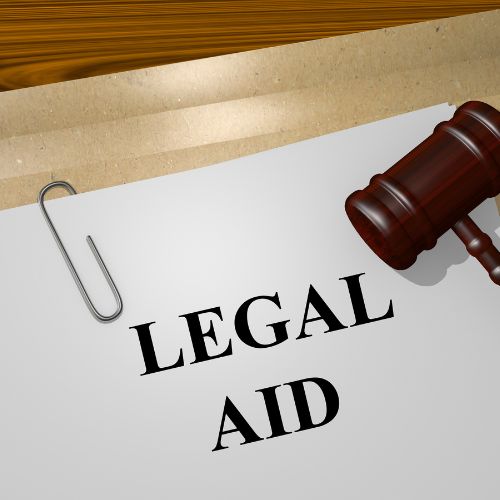Worthingtons Solicitors explain the reform of the Legal Aid Statutory Charge legislation and clarify when you may be required to repay some, or all the costs of your case.
A reform of the Legal Aid Statutory Charge legislation was introduced on 10 December 2012 and affects all civil Legal Aid certificates granted on or after 10 December 2012.
Following this change in the legislation, Legal Aid is now to be considered as a loan and not a gift. If as a result of receiving legal aid assistance you gain property that you did not own previously, you will have ‘won’ or ‘recovered’ it. If you keep some property that someone had attempted to take from you, you will have ‘kept’ or ‘reserved’ it. Some examples include a house, shares, life policies or payment of compensation.
If the result of your case is that you recovered or preserved property or a sum of money, and some or all of your legal costs are not met by your opponent, you may be required to pay back some or all of the costs of your case. This is called the ‘Statutory Charge.’ This Statutory Charge is likely to apply in cases involving money or property such as divorce and ancillary relief or personal injury cases. However, there are limited exceptions where this Statutory Charge does not apply.
Your solicitor should advise you at the outset and throughout your case if the Statutory Charge will apply to your case, otherwise, the charge will apply in all cases and the Legal Services Commission is bound by law to claw back the monies paid for the Legal Aid fund for the benefit of other Legal Aid applicants.
It is therefore essential that you provide and disclose all financial resources to your solicitor when applying for Legal Aid assistance to include any property you may own, assets or possessions and even assets held outside the jurisdiction.
For further advice and information on the Statutory Charge and when it applies, speak to a Solicitor to discuss whether or not it is likely to be relevant to your case.
Should you have any queries in relation to this article please submit the enquiry in the form below and a member of our Family Law team will be happy to respond.

